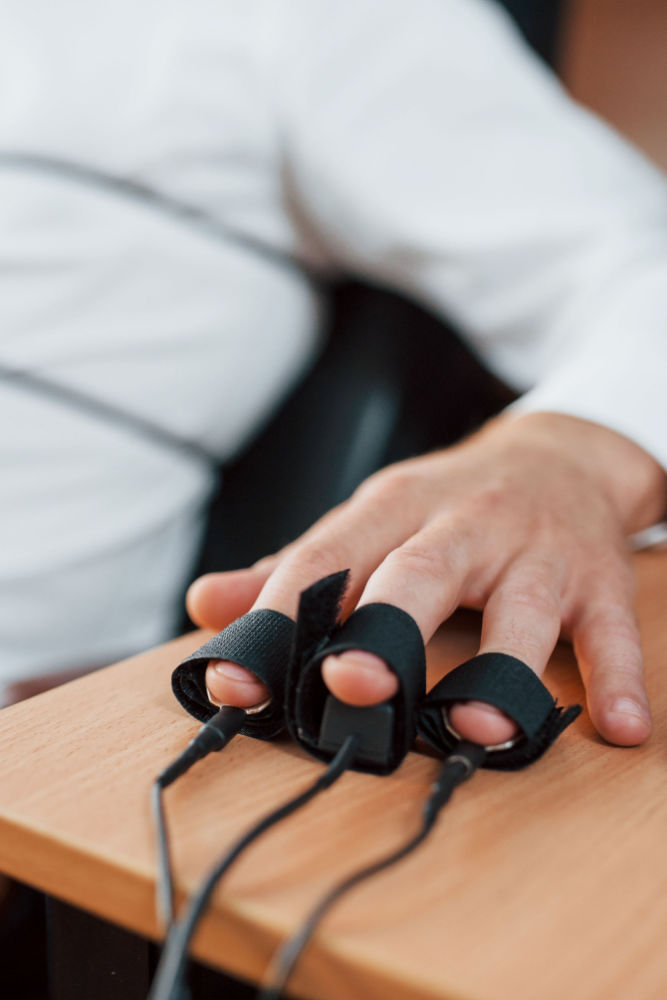Home » Areas we serve » Grand Rapids Criminal Defense Lawyers » Grand Rapids Polygraphy Defense Lawyers

The police have a wide range of tools at their disposal for pursuing an arrest. In major cases, they often rely on the use of polygraph examinations in an effort to elicit a confession. Also known as a lie detector test, the use of these examinations is controversial given the high chances of false positives.
If you are under suspicion of a crime, you should never agree to a polygraph examination without first speaking to an attorney. In many cases, agreeing to these tests will only work against you. These examinations are unscientific, to the point that their results cannot be used at trial.
That said, there can be times when agreeing to a polygraph examination might be in your best interest. The best way to determine if this approach is a good idea is by relying on the guidance of your attorney. Attorney David G. Moore could advise you on how best to proceed.
You can contact us through our website or call our office at (269) 808-8007 to schedule a free initial consultation.

5833 Oakland Drive, Ste 2
Portage, MI 49024

1550 East Beltline SE
Suite 275
Grand Rapids, MI 49506
© 2024 David G. Moore, Attorney at Law • All Rights Reserved
Criminal Defense Attorney Marketing by Gorilla